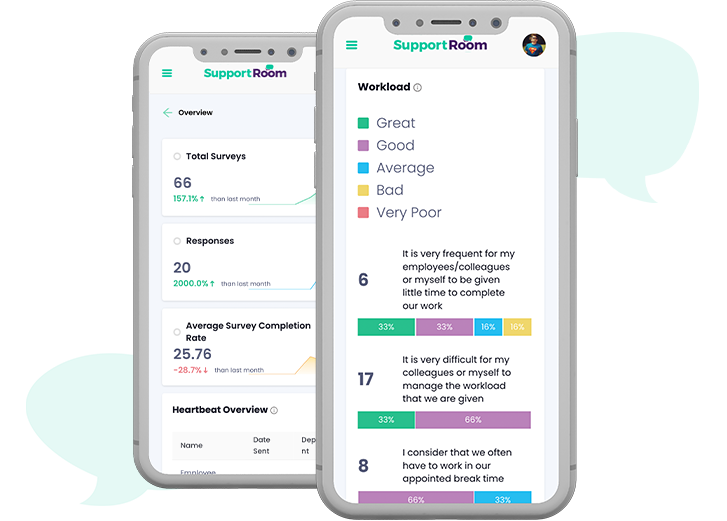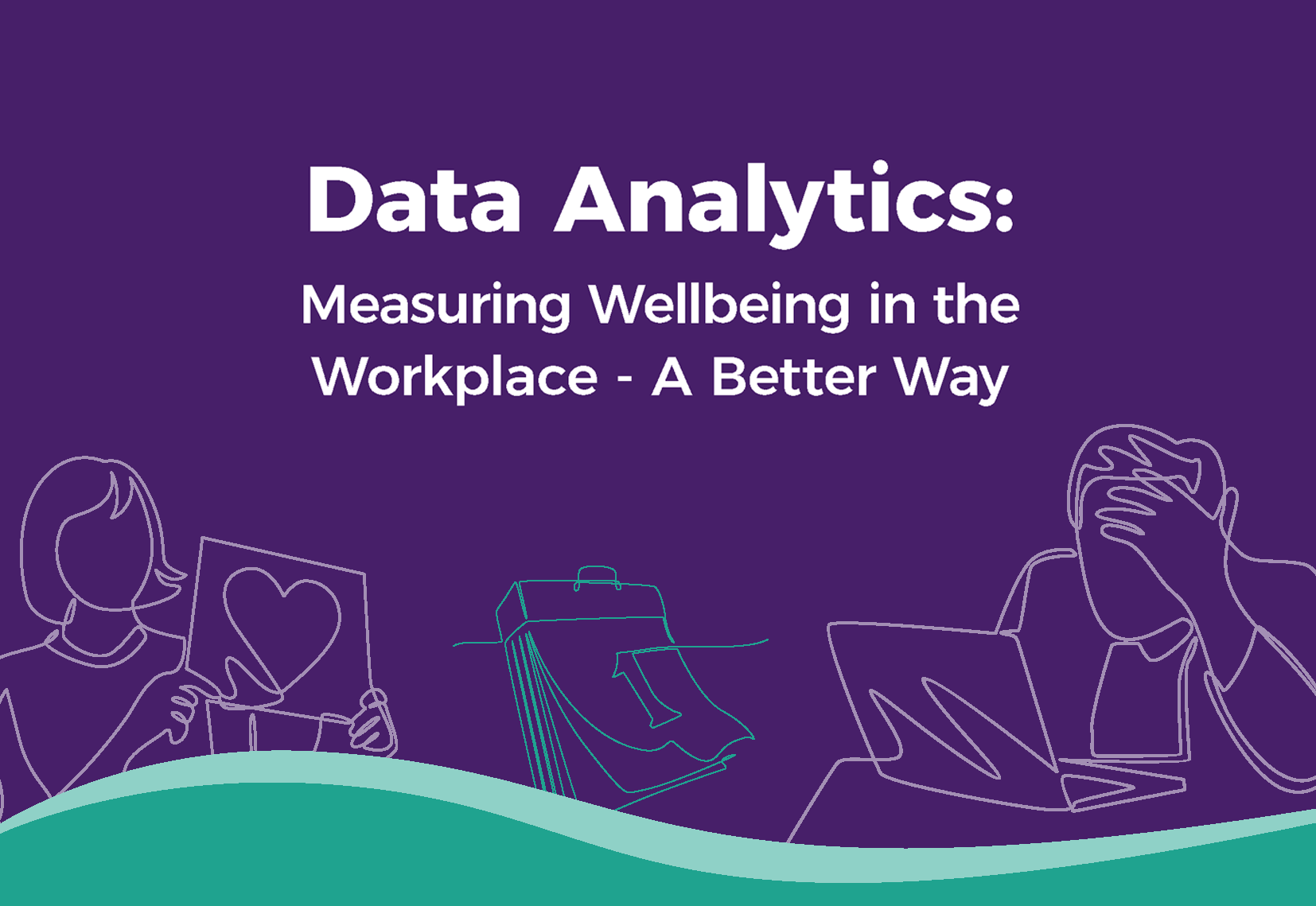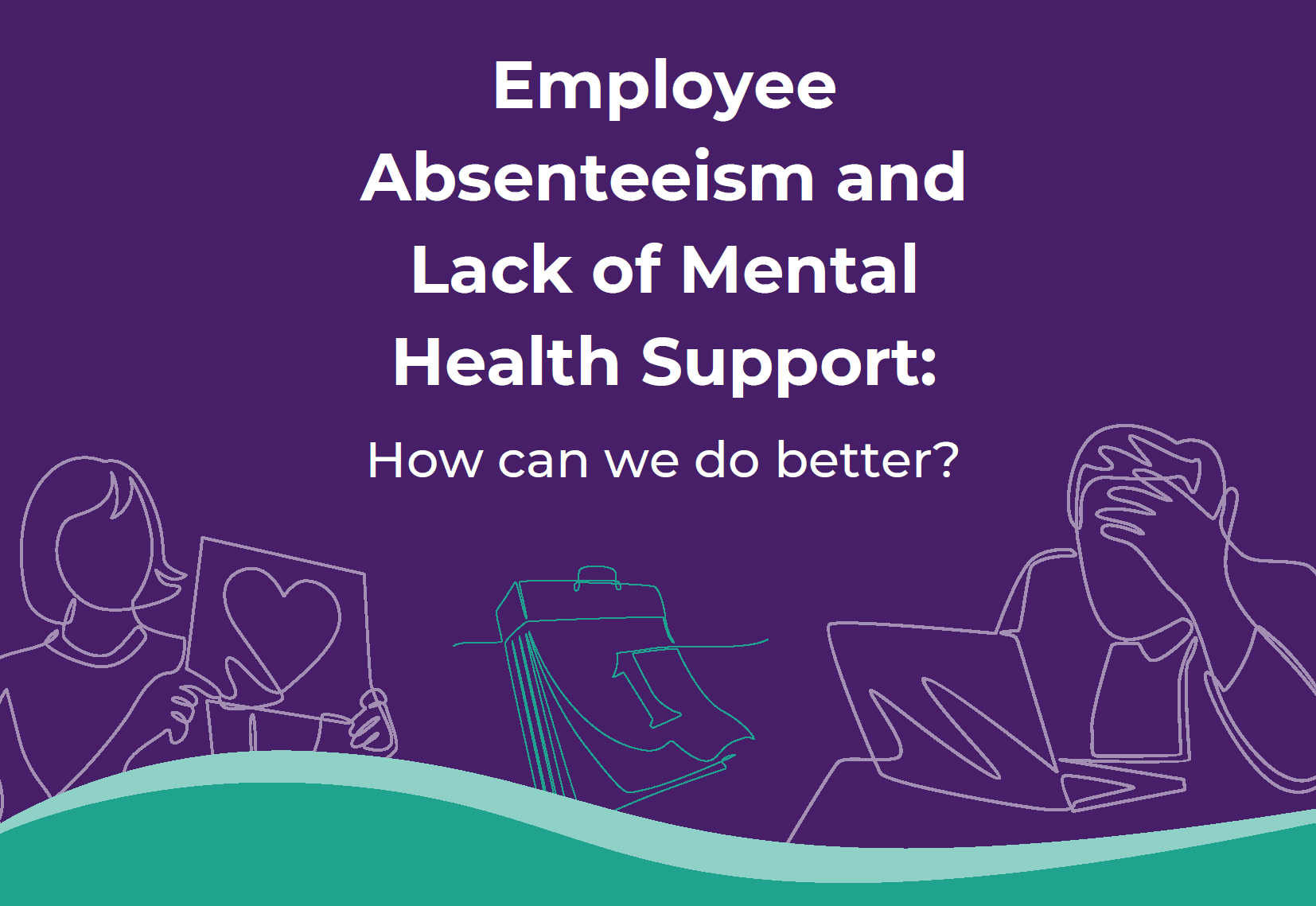Everyone experiences self-doubt and feelings of inadequacy from time to time, but for some, these feelings of impostor syndrome and a critical inner voice can be persistent and overwhelming. It can be particularly challenging to silence the inner critic when it comes to our professional lives, where we often face high stakes and high expectations. Oftentimes, your impostor syndrome can even hold you back from reaching for new opportunities or make you feel anxious about your competency.
What is imposter syndrome?
Impostor syndrome is a common experience, particularly in the workplace. Many employees will experience it, especially at the beginning of their careers or when starting a new role. It is defined as a feeling of inadequacy or self-doubt, despite evidence of success. Those who experience impostor syndrome often attribute their accomplishments to external factors, such as luck or coincidence, and fear being exposed as a fraud.
Impostor syndrome can be particularly challenging in the workplace, where we are often under pressure to perform and succeed. It can lead to feelings of anxiety and stress, and can even hold us back from seeking out new opportunities or taking on leadership roles. In some cases, the impostor syndrome can get so overwhelming that it leads to excessive worry and anxiety, affecting the employee’s performance and confidence in their abilities.
For some people, the imposter syndrome can appear in the form of an inner critic, which is an internal negative voice that one uses against themselves.

Gain FREE access to Heartbeat
Get a free Heartbeat Survey.
Let us uncover the true state of your team’s wellbeing with a free mental health survey for your entire organisation.
Gain valuable insights to see how you can better support your team’s mental health and performance.
No pitch. No credit card required.
Where does the inner critic come from?
The inner critic is a term used to describe our negative and self-critical thoughts about ourselves. These thoughts can be triggered by various experiences and influences, and they can be particularly prevalent in situations where we feel vulnerable or under pressure.
Some possible sources of the inner critic include:
- Childhood experiences: The way we were raised and the messages we received from our parents and caregivers can influence the development of our inner critic. For example, if we were frequently criticised or held to high standards as children, we may be more prone to self-doubt and negative self-talk as adults.
- Social and cultural messages: The media and the society we live in often present an idealised image of what it means to be successful, attractive, and worthy. When we compare ourselves to these standards, it can be easy to feel like we fall short and criticise ourselves.
- Perfectionism: If we have a tendency towards perfectionism, we may be tough on ourselves when we make mistakes or don’t meet our own high standards.
Ways to overcome your imposter syndrome at work
Recognize that you are not alone
Impostor syndrome is incredibly common, and it is likely that many of your colleagues and peers have also struggled with these feelings at some point. You are not alone in your self-doubt. If you ask your colleagues or even your boss about their own experience with the imposter syndrome, they will most likely admit struggling with it as well.
2. Reframe your thoughts
Instead of focusing on your perceived flaws or mistakes, try to reframe your thoughts in a more positive light. For example, instead of thinking “I’m not qualified for this job,” try to remind yourself of your skills and achievements.
3.Seek out support.
It can be helpful to talk to someone about your feelings of impostor syndrome, whether it’s a trusted friend, family member, or a mental health professional. Receiving validation and encouragement from others can help to alleviate some of the pressure you may be feeling.
4. Set realistic goals
It’s important to challenge yourself and strive for growth, but it’s also important to set goals that are realistic and achievable. This can help you build confidence and feel more in control of your circumstances.
5. Celebrate your accomplishments
Don’t downplay your successes or brush them off as luck or coincidence. Take the time to celebrate your achievements, no matter how big or small.
How SupportRoom can help
SupportRoom is a digital behavioural technology healthcare company. Our platform connects individual clients with a network of licensed therapists through an easy-to-use and HIPAA-compliant, web and mobile platform.
With SupportRoom clients can send text, videos, and voice messages anytime and from anywhere. All our therapists are fully qualified and offer confidential, convenient online therapy. Get access to therapy, wherever & whenever you need it. SupportRoom’s mission is to make therapy available, affordable and provide ongoing support for all.
You can find out more information about SupportRoom here.
Do you want to find out how we can bring mental support to your organisation?

Gain FREE access to Heartbeat
Get a free Heartbeat Survey.
Let us uncover the true state of your team’s wellbeing with a free mental health survey for your entire organisation.
Gain valuable insights to see how you can better support your team’s mental health and performance.
No pitch. No credit card required.





